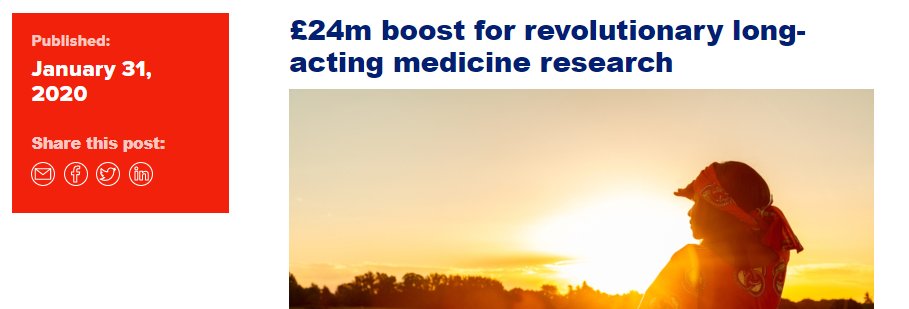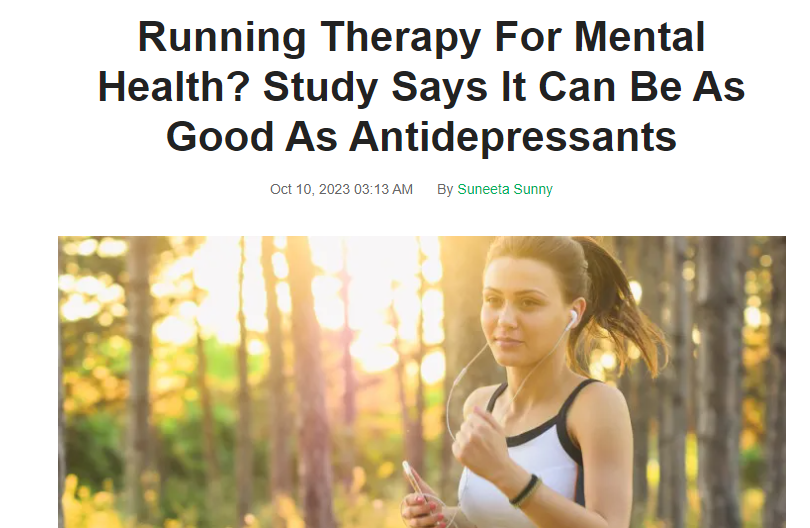I do find the impact of ivermectin on people's basic critical thinking quite fascinating. This article is filled with obvious, easily checkable lies, but just look at the popularity 

The primary claim is that an ivermectin researcher, Andrew Hill, received a grant for $40mil in exchange for lying about ivermectin 

This claim centers around a grant awarded by UNITAID to the University of Liverpool for $32mil (the article incorrectly states $40mil) - UNITAID released a press release on the 12th of Jan, the preprint was published on the 8th. Dodgy, right? 



Except, as even a very quick Google shows, the grant was ACTUALLY AWARDED in...2019
Before the pandemic
Here's a press release about the grant from January 2020 news.liverpool.ac.uk/2020/01/31/24m…
Here's a tweet from the university
Before the pandemic
Here's a press release about the grant from January 2020 news.liverpool.ac.uk/2020/01/31/24m…
Here's a tweet from the university
https://twitter.com/livuninews/status/1223208045767020544?s=20

So in fact, the grant was awarded long before anyone looked at ivermectin for COVID-19. The UNITAID press release in 2021 was actually about the *launch* of the centre, not the award of funds
This statement, the key argument of the article, is a straightforward untruth. A lie. The grant was awarded long before this, it was for a different amount, and even the press release went up four days AFTER the preprint 

The entire article is based on a lie that takes minutes to disprove. That press release is the second result on Google. And yet, it's printed and spreads because no one in the ivermectin crowd appears to care if it is true or not 🤷♂️
(I didn't even discuss the fact that the grant is primarily for early stage research, in a different department of the university to Hill, and as far as I can tell has nothing whatsoever to do with him. But even the temporal correlation is a lie)
For transparency, I've talked to Andrew Hill three times on zoom about ivermectin and he included me on a poster his team recently presented about the impacts of fraud on the literature
• • •
Missing some Tweet in this thread? You can try to
force a refresh













